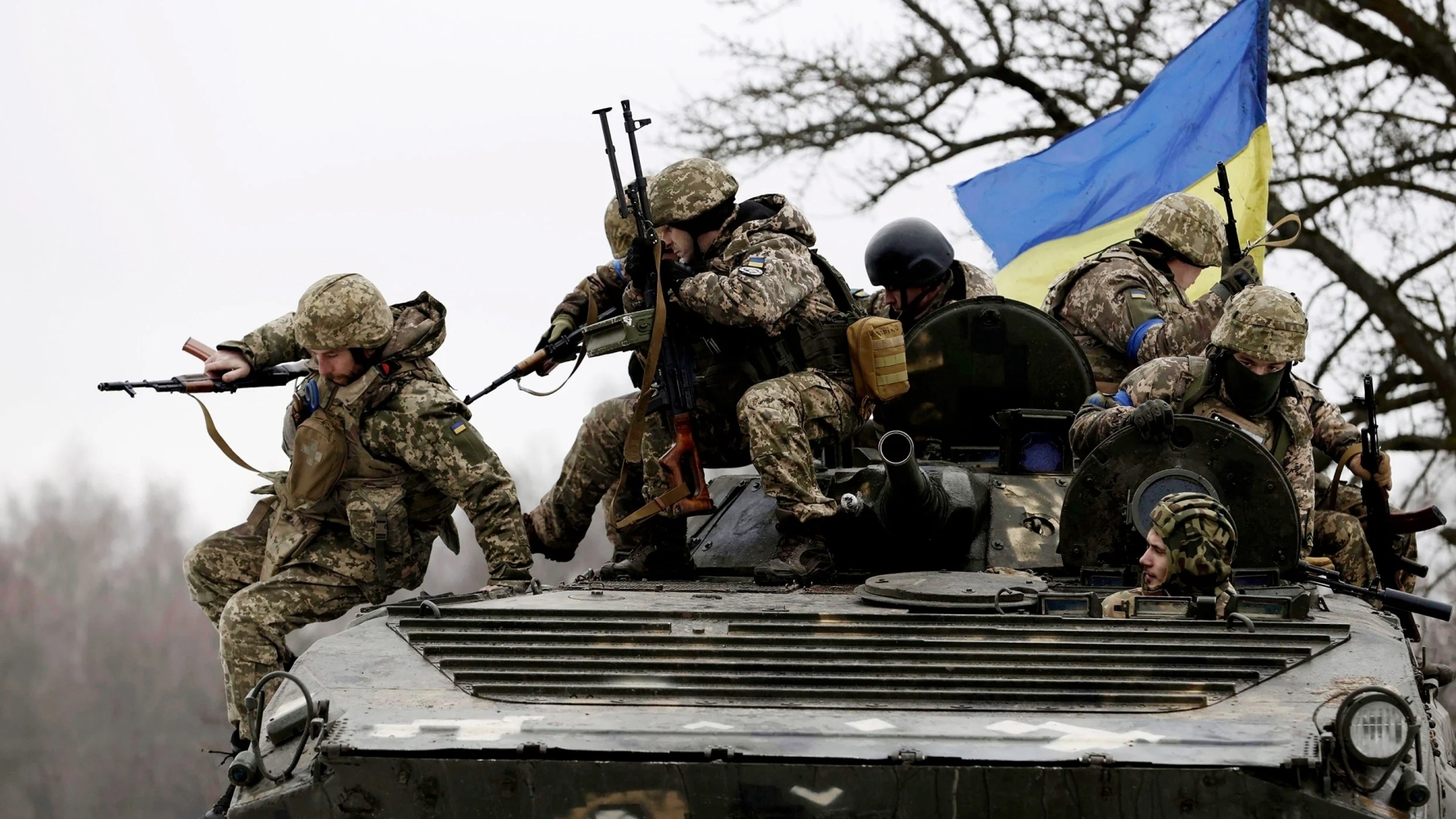Ukraine on February 23rd, 2024: A Day of Resilience, Uncertainty, and Deepening Challenges
Estimated reading time: 4 minutes
February 23rd, 2024, saw relentless fighting in eastern Ukraine, a worsening humanitarian crisis, and ongoing diplomatic efforts amidst concerns about a wider conflict.

Russia-Ukraine war at a glance: what we know on day 729
The 362nd day of the war in Ukraine dawned with the familiar rumble of artillery fire echoing across the eastern Donbas region. Avdiivka, a strategically crucial city nestled amidst the industrial heartland, remained a focal point of the conflict. Ukrainian defenders, entrenched in fortified positions, braced themselves for another day of relentless bombardment from numerically superior Russian forces.
Shells rained down on the city, leaving behind a trail of destruction – shattered buildings, smoldering craters, and the ever-present pall of smoke hanging heavy in the air. Despite the overwhelming odds, Ukrainian troops exhibited remarkable resilience, holding their ground and inflicting casualties on the enemy.
Snipers, concealed within the ruins, picked off attackers venturing too close, while artillery batteries positioned further back engaged in counter-battery fire, attempting to silence the Russian guns. Yet, the relentless onslaught continued, a grim testament to the brutal reality of trench warfare that has become a hallmark of this protracted conflict.
Humanitarian crisis deepens as funding gap widens
Beyond the battlefield, the war's devastating impact extended far and wide. The United Nations painted a grim picture of the worsening humanitarian situation, with millions of Ukrainians facing a desperate struggle for survival. The organization's 2024 appeal for Ukraine, seeking $35 billion to address the dire needs of civilians, remained critically underfunded, at a mere 10%.
This funding gap left millions vulnerable to food insecurity, with disruptions to agricultural production and distribution systems pushing food prices beyond the reach of many. Access to healthcare remained a significant challenge, with hospitals and clinics in war-torn regions often overwhelmed by casualties and facing shortages of essential medical supplies. The widespread destruction of infrastructure further compounded the crisis, leaving many without access to clean water, sanitation, and electricity.
Internally displaced persons, forced to flee their homes due to the fighting, faced immense hardship, often living in overcrowded and unsanitary conditions with limited access to basic necessities. The plight of Ukrainian refugees seeking safety in neighboring countries remained equally concerning, with many struggling to integrate into new communities and rebuild their shattered lives.
Stalemated diplomacy and potential for escalation
Diplomatic efforts aimed at achieving a ceasefire or negotiated settlement continued, but progress remained elusive. The international community, deeply concerned about the protracted conflict and its far-reaching consequences, grappled with bridging the significant divide between the warring parties.
While some nations advocated for renewed dialogue and the pursuit of a diplomatic solution, others expressed skepticism, viewing Russia's demands as unacceptable and urging continued support for Ukraine's military defense.
The potential for further escalation remained a significant concern, particularly in light of the White House exploring alternative means to provide Ukraine with advanced weaponry, such as long-range missiles, due to domestic opposition to direct US military involvement.
Such a move, while potentially bolstering Ukraine's defensive capabilities, could also provoke a harsher response from Russia, raising the specter of a wider confrontation.
"20 Days in Mariupol": A poignant reminder of the human cost
Amidst the complexities of political maneuvering and military strategy, the documentary "20 Days in Mariupol" served as a powerful reminder of the war's profound human cost. The film's unflinching portrayal of the siege of Mariupol, a once-vibrant port city reduced to rubble by relentless Russian bombardment, offered a stark counterpoint to the often abstract language of geopolitical discourse.

It chronicled the harrowing experiences of ordinary civilians trapped in the city, facing unimaginable hardship and loss. The film documented their desperate struggles to find food, water, and shelter amidst the incessant shelling, the agonizing wait for news of loved ones trapped in the fighting, and the heartbreaking moments of grief and despair in the face of unimaginable loss.
"20 Days in Mariupol" served as a poignant reminder that the true cost of war is measured not in territorial gains or military casualties, but in the shattered lives and communities left in its wake.
Drone strike in Russia raises concerns about wider conflict
Adding to the already volatile situation, a Ukrainian drone strike on an oil depot in western Russia sent shockwaves through the international community. While the attack caused limited damage, it marked the first instance of a Ukrainian strike directly targeting Russian soil since the war began.
This incident sparked immediate concerns about a potential escalation of the conflict, raising the specter of a wider confrontation that could draw other nations into the fray.
The Kremlin condemned the attack as a "provocation" and threatened a "harsh response," further heightening anxieties about the war's unpredictable trajectory.



